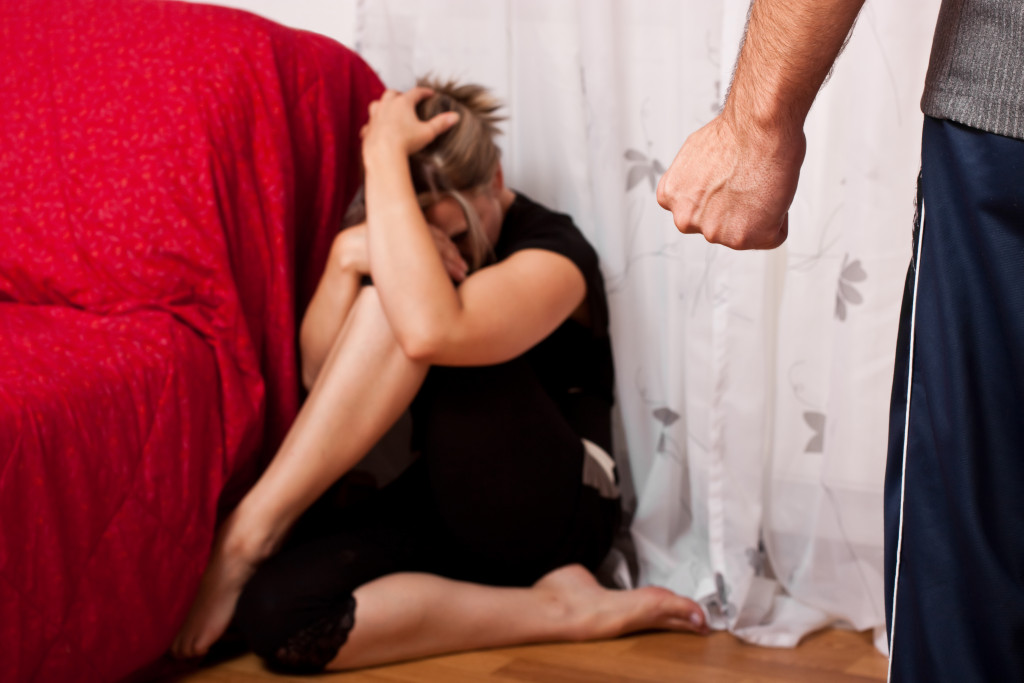Domestic violence is a major problem in the United States of America. Recent data from the National Crime Victimization Survey (NCVS) shows that nearly one-third of women who have been married or lived with a man has experienced severe physical violence by an intimate partner. During the many lockdowns caused by the COVID-19 virus, reports of domestic violence have increased significantly. In March 2020, the National Domestic Violence Hotline saw a 27% increase in calls compared to the previous year.
Factors that can contribute to an increase in domestic violence
1. Isolation
When people are isolated from their support systems, they can become more vulnerable to abuse. Many people have been isolated from their friends and family during the pandemic. This can make it harder for victims of domestic violence to reach out for help. They also may not have the same opportunities to escape their abusers.
2. Stress and anxiety
The pandemic has caused a lot of stress and anxiety for many people. Financial insecurity, job loss, and worries about the health of loved ones can all lead to increased stress levels. This can make it harder for people to cope with difficult situations, leading to conflict in relationships.
3. Alcohol and drug use
Alcohol and drugs can make people more likely to act impulsively and violently. During the pandemic, alcohol sales have increased dramatically. Most people are drinking alcohol to cope with the stress of the pandemic. This can lead to more domestic violence incidents.
4. Power and control
Some people use violence to exert power and control over others. The pandemic has created a lot of uncertainty, making people feel like they need to control their environment. Having control over another person can be a way to feel more in control of one’s own life, but it can also lead to domestic violence.
5. Access to weapons
The pandemic has also led to an increase in gun sales. More guns in the home can increase the risk of domestic violence, as firearms can be used to threaten or injure a partner.

Your rights in a domestic violence case
1. You have the right to be safe.
No one has the right to hurt you, no matter what. Always know that you have the right to be safe and protected from harm. If you are in danger, call for help immediately.
2. You have the right to get help.
Many organizations can help you if you are a victim of domestic violence. These organizations can provide you with shelter, legal assistance, and counseling. You can find a list of resources here.
3. You have the right to press charges.
If you are a victim of domestic violence, you can choose to press charges against your abuser. This can be a difficult decision to make, but it is your right. The process will involve domestic abuse lawyers and criminal defense lawyers, which can be expensive. However, many organizations can help you with the costs.
4. You have the right to a restraining order.
A restraining order is a court order that can protect you from your abuser. It can prohibit your abuser from contacting you, coming near you, or visiting your home or workplace. It is important to know that a restraining order is not a guarantee of safety, but it can be a helpful tool in keeping you safe.
5. You have the right to file for divorce.
If you are married to your abuser, you have the right to file for divorce. This can be a complicated process, so it is important to seek legal assistance. Work with a domestic violence lawyer to ensure that you are taken care of throughout the process.
6. You have the right to custody of your children.
If you have children with your abuser, you have the right to custody of them. You need to consult with a family law lawyer to ensure that you are taking the proper steps to protect your children. Always put their safety first.
7. You have the right to be believed.
You must be believed if you say that you are a victim of domestic violence. Too often, victims are not believed or are blamed for the abuse. Remember that it is never your fault and that you deserve to be believed.
8. You have the right to be treated with respect.
You deserve to be treated with respect, no matter what. Domestic violence is never acceptable, and you should never have to tolerate it. If you are being treated with disrespect, seek help from a domestic violence organization.
The pandemic has led to a number of potential risk factors for domestic violence. These include increased stress and anxiety, alcohol and drug use, power and control issues, and access to weapons. It is important to know that you have rights in a domestic violence case and that there are many organizations that can help you. If you are a victim of domestic violence, seek help immediately.




